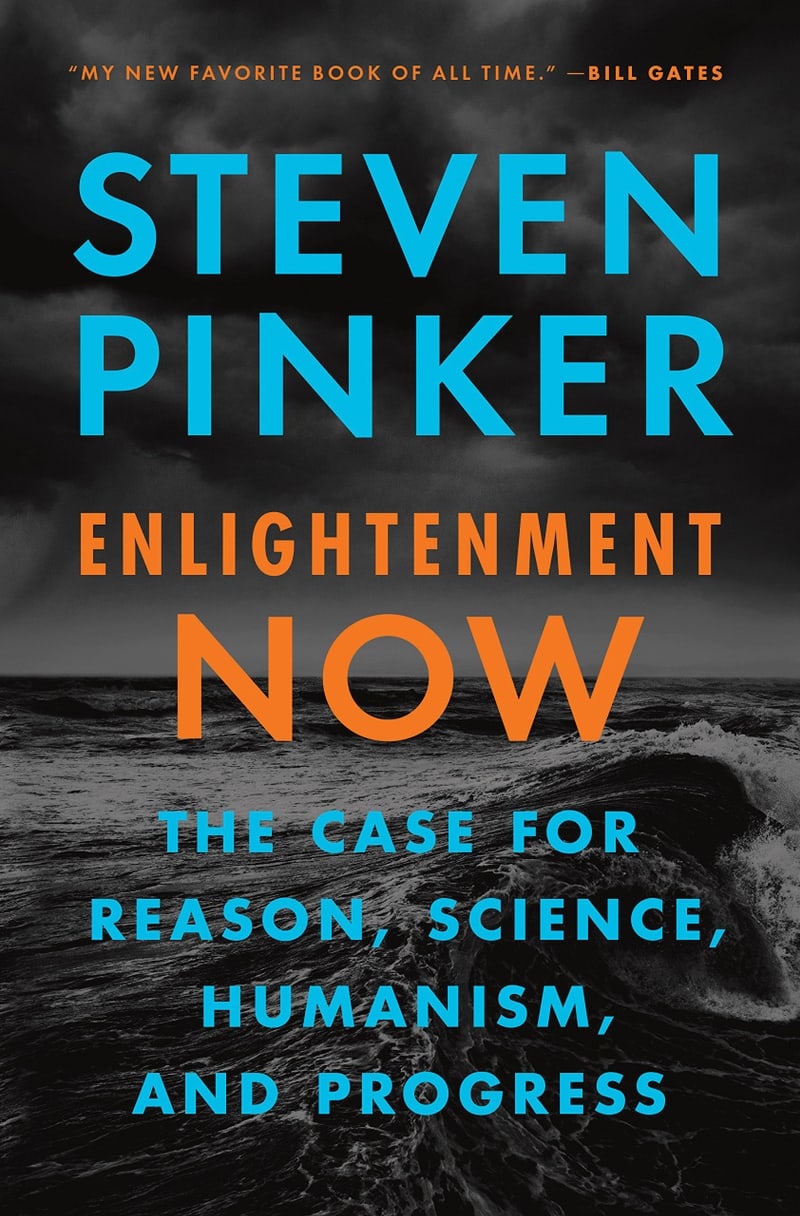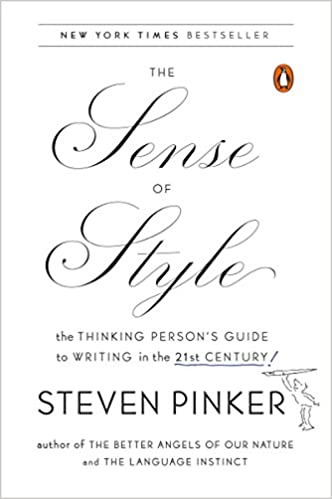Publications
1998
The vast expressive power of language is made possible by two principles: the arbitrary sound- meaning pairing underlying words, and the discrete combinatorial system underlying grammar. These principles implicate distinct cognitive mechanisms: associative memory and symbol- manipulating rules. The distinction may be seen in the difference between regular inflection (e.g., walk-walked), which is productive and open-ended and hence implicates a rule, and irregular inflection (e.g., come-came, which is idiosyncratic and closed and hence implicates individually memorized words. Nonetheless, two very different theories have attempted to collapse the distinction; generative phonology invokes minor rules to generate irregular as well as regular forms, and connectionism invokes a pattern associator memory to store and retrieve regular as well as irregular forms. I present evidence from three disciplines that supports the traditional word/rule distinction, though with an enriched conception of lexical memory with some of the properties of a pattern-associator. Rules, nonetheless, are distinct from pattern- association, because a rule concatenates a suffix to a symbol for verbs, so it does not require access to memorized verbs or their sound patterns, but applies as the "default," whenever memory access fails. I present a dozen such circumstances, including novel, unusual-sounding, and rootless and headless derived words, in which people inflect the words regularly (explaining quirks like flied out, low-lifes, and Walkmans). A comparison of English to other languages shows that contrary to the connectionist account, default suffixation is not due to numerous regular words reinforcing a pattern in associative memory, but to a memory-independent, symbol-concatenating mental operation.
1997
Language comprises a lexicon for storing words and a grammar for generating rule-governed forms. Evidence is presented that the lexicon is part of a temporal-parietalhnedial-temporal “declarative memory” system and that granlmatical rules are processed by a frontamasal-ganglia “procedural” system. Patients produced past tenses of regular and novel verbs (looked and plagged), which require an -ed-suffixation rule, and irregular verbs (dug), which are retrieved from memory. Word-finding difficulties in posterior aphasia, and the general declarative memory impairment in Alzheimer’s disease, led to more errors with irregular than regular and novel verbs. Grammatical difficulties in anterior aphasia, and the general impairment of procedures in Parkinson’s disease, led to the opposite pattern. In contrast to the Parkinson’s patients, who showed suppressed motor activity and rule use, Huntington’s disease patients showed excess motor activity and rule use, underscoring a role for the basal ganglia in grammatical processing.
1996
What kind of categories to human concepts represent?


